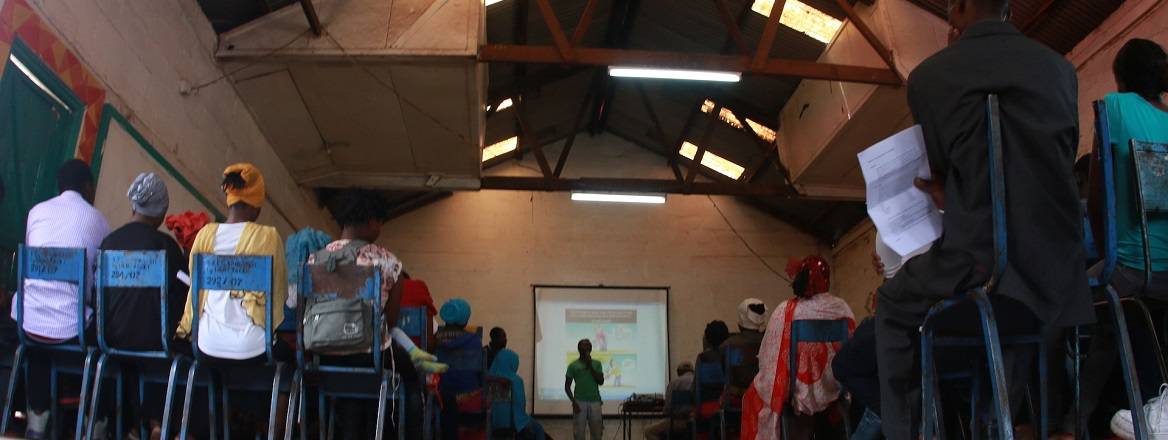New Compendium of Research on Gender and Violent Extremism in Kenya
RUSI commissioned a compendium of four studies exploring the dynamics of women’s involvement in violent extremism jointly with the French Institute for Research in Africa.
The studies are published in The African Review following collaboration with the French Institute for Research in Africa (IFRA). The four Kenyan research studies examined women’s involvement in violent extremism and interrogated the norms that construct and compel their recruitment and the differential and often gendered impact of extremist violence.
The studies were jointly commissioned by IFRA under its research project on religious radicalisation and violence, and by RUSI as part of the EU’s STRIVE II programme in Kenya which aims to develop the evidence base for practitioners and policy-makers working on countering violent extremism.
The paper by Fathima Azmiya Badurdeen describes women’s involvement in violent extremist groups in Kenya and found that many of the women were recruited involuntarily. It also highlighted a range of factors for women becoming recruiters and the intricate system of trust-based networks they maintain to lure potential recruits.
Similarly, Professor Hassan Mwakimakoanalyses the experience and stories of women travelling to Somalia. For Mwakimako the involuntary nature of women’s recruitment was a product of how women in constrained social settings come to justify and relay their actions. While not discounting the role of coercion, for Mwakimako it was the victimisation narrative that shaped women’s understanding of their involvement in violent extremist groups.
In attempting to understand why women are recruited from less economically vulnerable backgrounds, Associate Professor Fatuma Ahmed Alispoke to students in Kenyan institutions of higher learning. Using a series of focus group discussions, Ali found that recruiters often appeal to societal expectations, such as marriage, and patriarchal constructs to recruit women into violent extremist groups.
A study by Professor Halimu Shauri looked at the impact of violent extremism and the recruitment of male spouses on widows in the coastal region of Kenya. Based on interviews with 30 widows, the study captured the physical, psycho-social, emotional, economic and structural repercussions experienced by widows and the coping mechanisms they employ. To assist the women, Shauri recommends establishing systems of welfare and psychosocial support, and community reconciliation, among others.
With an introductory review of existing literature by Gayatri Sahgal and Martine Zeuthen from the STRIVE programme team, this research casts practical and policy relevant insight into the nature and extent of women’s agency in recruitment and support to violent extremist groups in Kenya.

